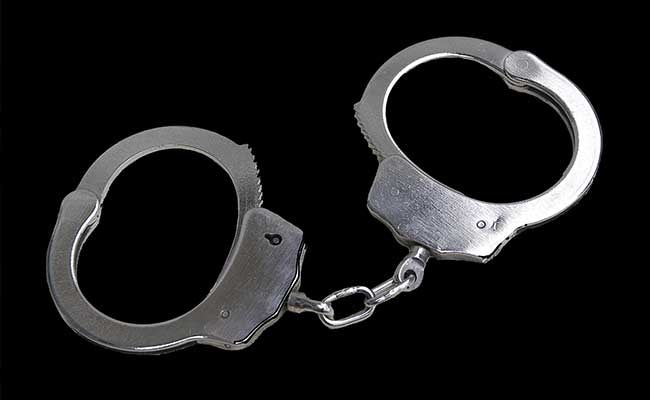
Bangkok:
Thailand's military suspended a three-star general on Monday after police ordered his arrest on suspicion of human trafficking as pressure mounts on Bangkok to block the illicit trade.
Lieutenant General Manus Kongpan will be questioned by the military and could be expelled if found to have breached its code of conduct, prior to facing a criminal trial, Thai army chief General Udomdej Sitabutr told reporters.
It was unclear whether or not Manus had been arrested.
Southern Thailand has been a major base for smugglers and traffickers taking people by boat from Myanmar and Bangladesh to Southeast Asia in a trade that activists say has flourished for years.
Manus is the highest-profile official to be implicated in people smuggling as Bangkok pursues a crackdown in response to a surge in the numbers of migrants.
"I have been told of his involvement. The arrest warrant is not unexpected," said Udomdej, who is also deputy defence minister in Thailand's ruling military junta. "Police have collected enough evidence to proceed with the case."
Most migrants say they are fleeing persecution and looking for better lives abroad, but many fall prey to gangs that Thailand has until now been accused of doing little to stop.
The United States last year downgraded the kingdom to the lowest category in its annual Trafficking in Persons report, citing a lack of enforcement and involvement of some officials.
Police said last week there were no longer any human trafficking camps in southern Thailand, after a crackdown led to the discovery of scores of graves on both sides of the Thai-Malaysian border.
About 4,000 migrants have landed in Indonesia, Malaysia, Thailand, Myanmar or Bangladesh since Bangkok launched its crackdown last month.
The United Nations estimates some 2,000 may still be adrift in boats on the Andaman Sea or the Bay of Bengal after traffickers abandoned them rather than bring them ashore and risk arrest.
Many are Rohingya Muslims, of whom about 1.1 million live in Western Myanmar in apartheid-like conditions.
Countries affected by the crisis agreed on Friday to set up an anti-trafficking task force, and approved a broad list of measures to tackle the root causes of the crisis. Myanmar vehemently denies that it is the source of the problem.
Lieutenant General Manus Kongpan will be questioned by the military and could be expelled if found to have breached its code of conduct, prior to facing a criminal trial, Thai army chief General Udomdej Sitabutr told reporters.
It was unclear whether or not Manus had been arrested.
Southern Thailand has been a major base for smugglers and traffickers taking people by boat from Myanmar and Bangladesh to Southeast Asia in a trade that activists say has flourished for years.
Manus is the highest-profile official to be implicated in people smuggling as Bangkok pursues a crackdown in response to a surge in the numbers of migrants.
"I have been told of his involvement. The arrest warrant is not unexpected," said Udomdej, who is also deputy defence minister in Thailand's ruling military junta. "Police have collected enough evidence to proceed with the case."
Most migrants say they are fleeing persecution and looking for better lives abroad, but many fall prey to gangs that Thailand has until now been accused of doing little to stop.
The United States last year downgraded the kingdom to the lowest category in its annual Trafficking in Persons report, citing a lack of enforcement and involvement of some officials.
Police said last week there were no longer any human trafficking camps in southern Thailand, after a crackdown led to the discovery of scores of graves on both sides of the Thai-Malaysian border.
About 4,000 migrants have landed in Indonesia, Malaysia, Thailand, Myanmar or Bangladesh since Bangkok launched its crackdown last month.
The United Nations estimates some 2,000 may still be adrift in boats on the Andaman Sea or the Bay of Bengal after traffickers abandoned them rather than bring them ashore and risk arrest.
Many are Rohingya Muslims, of whom about 1.1 million live in Western Myanmar in apartheid-like conditions.
Countries affected by the crisis agreed on Friday to set up an anti-trafficking task force, and approved a broad list of measures to tackle the root causes of the crisis. Myanmar vehemently denies that it is the source of the problem.
© Thomson Reuters 2015
Track Latest News Live on NDTV.com and get news updates from India and around the world

